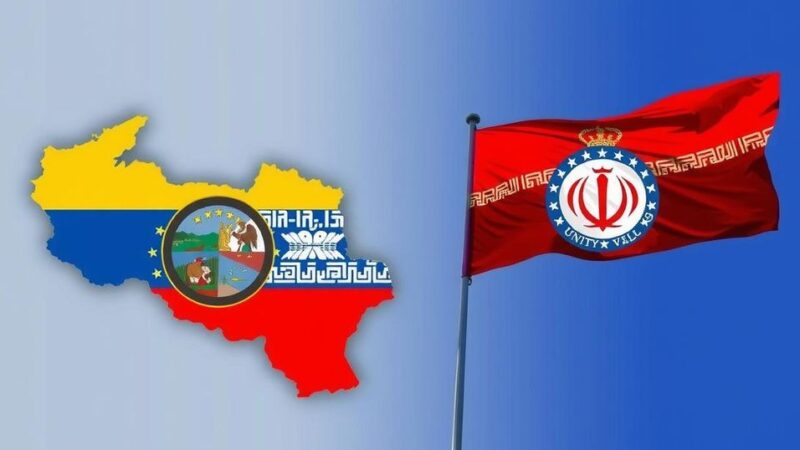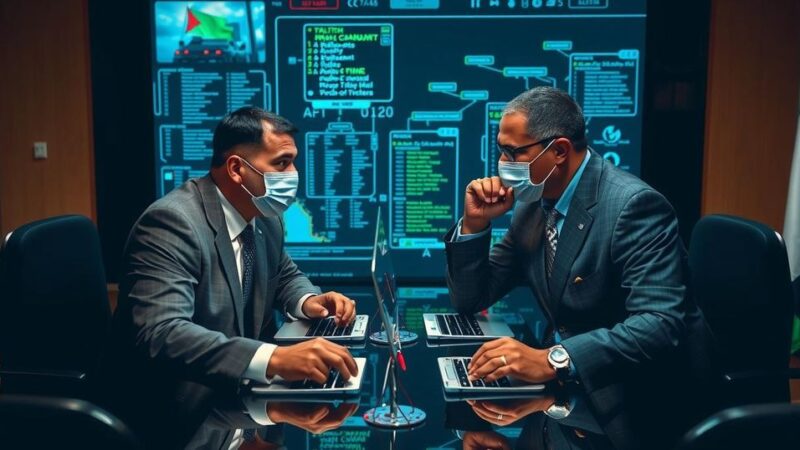Indonesia’s Foreign Ministry has expressed deep concern regarding Iran’s missile attacks on Israel, warning of the potential for a larger-scale war in the Middle East. The country has called for all parties to cease escalating the conflict, particularly in light of Israel’s military actions against Hezbollah. A meeting of the United Nations Security Council has been suggested to address the situation and reduce tensions.
The Indonesian Foreign Ministry has expressed grave concern over the recent missile attacks conducted by Iran on Israel, asserting that such actions have exacerbated tensions within the region and pose a risk of escalating into a larger-scale conflict in the Middle East. The Ministry has urged all involved parties to refrain from further escalating the situation, especially following Israel’s offensive operations against the Hezbollah militant group in Lebanon. Spokesperson Rolliansyah “Roy” Soemirat articulated Indonesia’s worries by stating, “Indonesia is worried about the potential of a larger-scale war breaking out in the region.” As a proactive measure to address these rising tensions, the Ministry has advocated for a convening of the United Nations Security Council to deliberate on the recent developments and devise strategies to mitigate the crisis. Recent reports illuminate that Iran launched approximately 200 missiles at Israel, targeting predominantly military bases near Tel Aviv. Iranian officials claimed a significant success rate, stating that 90 percent of missiles struck their intended targets. However, the Israeli government disputed this, maintaining that they intercepted a majority of the missiles aimed at them. In response to the Iranian actions, Israeli Prime Minister Benjamin Netanyahu condemned the assault as a major error on Iran’s part and vowed retribution. Iran justified the missile strikes as retaliation against Israel’s killings of prominent Hezbollah leaders, coinciding with Israel’s military campaign in Lebanon.
The recent escalation of violence in the Middle East is largely attributed to the ongoing conflict between Israel and Iran-backed militant groups, particularly Hezbollah. Historically, tensions in this area have been influenced by geopolitical dynamics, including military actions and retaliatory strikes. Iran’s relationships with various militia groups have often placed it opposing Israel, especially when Israeli operations target these factions. The scenario has evolved into a precarious situation where any act of aggression can trigger wider regional confrontations, thereby threatening stability in an already volatile area.
In conclusion, Indonesia’s Foreign Ministry has articulated significant concerns regarding the ramifications of Iran’s missile strikes on Israel, emphasizing the potential for a broader conflict in the Middle East. By calling for restraint from all parties and urging a Security Council meeting, Indonesia seeks to foster dialogue and de-escalation in a deeply troubled region. The ongoing military exchanges underscore the urgent need for diplomatic solutions to prevent further escalation.
Original Source: www.thejakartapost.com




